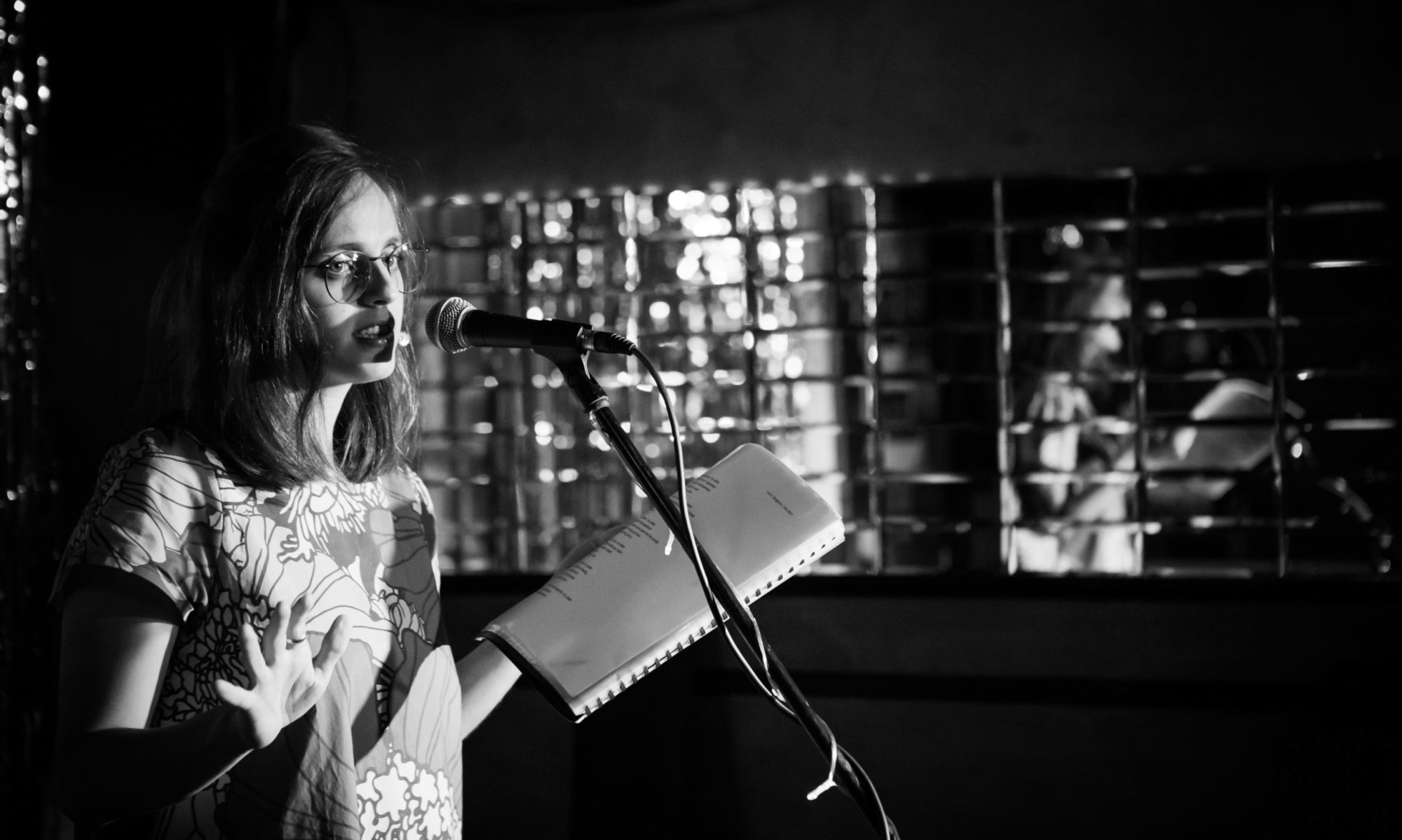CN: ableism and internalised ableism.
Yesterday at work I got to critique an Australian health campaign for its accessibility. The video focused on cervical screening, and ended with ‘It saves lives’, although it doesn’t actually save lives. This made me reflect on how this euphemism is used, and who gets to be labeled as ‘life saving’ in our cultures?
Medical health professionals are the first to be labelled as ‘saving lives’. It makes sense – doctors literally re-start hearts that stopped beating and prescribe life-sustaining medication. But we also use this phrase for tests, or even when a friend babysits for us. Today I’m proposing to expand your idea of life-saving.
Life isn’t just about staying breathing or having blood pumping through our veins. Despite what medical, ableist TV shows tell us, it also isn’t about being able-bodied, or funciniong in a spcific body shape. Life is about feeling things that make us human, and still want to get up in the morning. It is about grieving the loss of loved ones, or rip in anger and still keeping faith that humans are worth saving. It is living through intergenerational trauma and thriving through hatred, and all the isms around us – sexism, racism, antisemitism, ableism. It is about speaking up, learning, loving and birth and deaths and so much more.
Because life is about all of those things, our definition of ‘life saving’ should drastically change. I have spend countless hours of my childhood in hospitals – under anesthesia, in rehabilitation, in check ups, in cast building. Despite this, my life wasn’t saved between those cold hospital walls. My mobility was the only focus of the medical health professionals.
When I was discharged, after the major treatments for my leg were completed, I felt ashamed. I was hiding all the time and felt worried about what people thought when they saw parts of my body. I dealt with shame and stigma in silence, and I judged myself for being me. I craved acceptance from others but I couldn’t give it to myself.
Only when I started reading and listening to the stories of others like me, was when I could feel all the feelings, thrive inside my body, and feel truly and fully alive. My life was saved by Laura Hershey, Vassar Miller, Carly Findlay, Imani Barbarin, Eliza Hull, and other disabled creators and activists. Their stories and words was what allowed me to live in this body without shame, acknowledge the pain, and find a home in the world. Their poems, books, articles, songs and sentences have helped me finally embody an essential truth – that I am enough.
Of course we need blood in our veins and oxygen in our brains to function, but none of that would matter without stories, feelings, aches, joys and pleasures. Regardless of what our bodies look or feel like, connecting with other humans and feeling good about ourselves is what makes life worth living. Knowing that we belong, that we are accepted, celebrated and loved, is living. Helping any person to feel a little more safe, a little more loved or a little more whole, is saving a life. And as the Bible says, saving one life is like saving a whole world.

The spaces, the value, the money, the prestige that we assign to health professionals and creators are all too divergent. The work of a musician, a poet, a filmmaker, an artist, or an advocate, are just as important as the work of those keeping us physically alive. Who would have survived 2020 without movies, poetry, music, podcasts, or books?
In a world were hatred is still rife, where many of us don’t feel safe in our bodies, countries, or homes, hope lives in our stories. Through stories we can learn about ourselves and each other, and through stories we can create empathy, equality, and safety for all.
So I urge you to contemplate – who is saving your life, who is making your life worth living? I would love to hear your thoughts in the comments below.
Until next time,
Liel K. Bridgford
